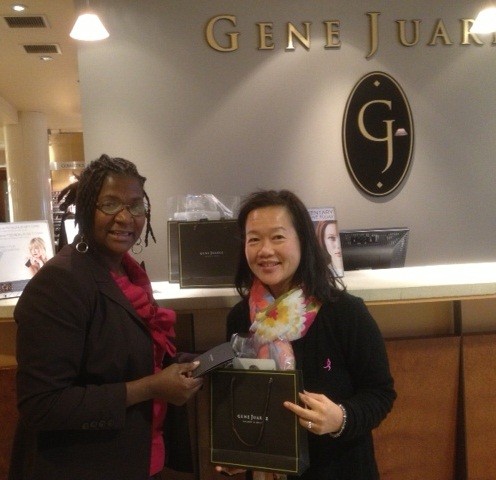Angelina Jolie recently revealed her choice to have a preventive double mastectomy, she spoke powerfully about the need for all women to have access to lifesaving early detection and preventative treatment, addressing that cost can be an obstacle.
Unfortunately, there over 60,000 women in our community who cannot pay for breast cancer early detection procedures due to low income and lack of health insurance.
Here is where Komen Puget Sound comes in.
We are proud to announce, Komen Puget Sound will award $1.6 million to fight breast cancer locally. The majority, $953,000, will go to the Washington State Breast, Cervical, and Colon Health Program (BCCHP) to provide lifesaving breast cancer screenings and diagnostic services to nearly 10,000 women living in our region. Komen Puget Sound is Washington State’s largest private provider of free mammograms to low income and uninsured women.
Our ability to provide these women with lifesaving early breast cancer detection and treatment support comes largely from the funds we raise at the Race for the Cure.
YWCA Women’s Health Outreach depends on these funds for the work we do in helping to erase health disparities in low-income communities.
It is not too late to join or donate to YWCA WALKS, you will receive a YWCA visor and a Komen Inspire t-shirt.
In less than one week, we will be celebrating our 20th Annual Race for the Cure. If you have not already, please register to participate or volunteer on June 2 at the Race for the Cure. If you have already registered, thank you. Now, please reach out and encourage your friends and family to register as well.
I look forward to seeing you at the Race!










